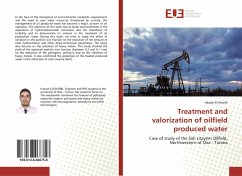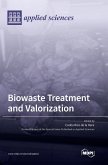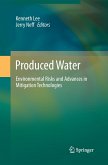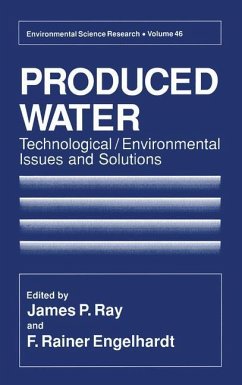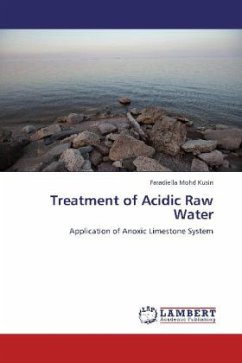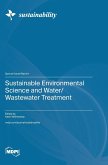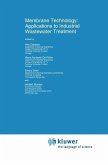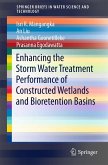In the face of the emergence of environmental standards requirements and the need to save water resources threatened by scarcity, the management of oil produced water has become a major concern of oil operators. The objective of this work was to study sand potentials in the separation of hydrocarbon/water emulsions and the drawdown of turbidity and to demonstrate its interest in the treatment of oil production water. During this work, we tried to study the effect of variation in the particle size fraction on the evolution of the amount of total hydrocarbons and other physicochemical parameters. The study also focuses on the retention of heavy metals. This study showed the yield of the optimum particle size fraction (between 0,2 and 0,1 mm) on the reduction of the petrogenic pollution and on the retention of heavy metals. It also confirmed the potentials of the treated produced water in the extraction of salts (mainly NaCl).
Bitte wählen Sie Ihr Anliegen aus.
Rechnungen
Retourenschein anfordern
Bestellstatus
Storno

